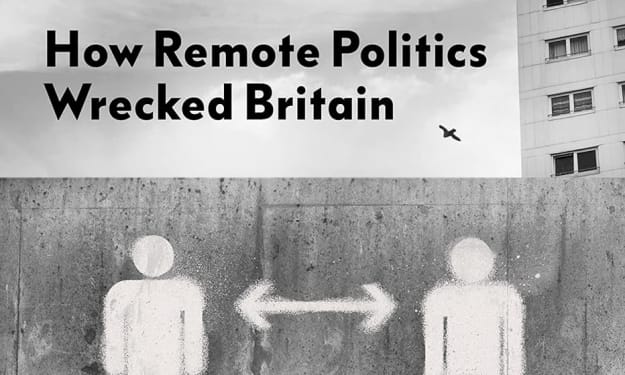Movie Review: 'Cold War'
European Romantic Drama Succeeds in the End
Can a film succeed solely on a strong ending? For me, the answer is a clear yes. Based off of my love for the ending of Pawel Pawlikowski’s Cold War, I can say that, for me, a good ending is enough for me to recommend a movie. Now, there are other elements that might recommend Cold War, the film is shot in gorgeous black and white and features a haunting series of musical performances but I can’t say I was completely invested in the movie until the ending stunned me with its harsh beauty.
Cold War tells the story of two lovers from Poland just after World War II. Tomasz Kot plays Wiktor, a recruiter for a music conservatory that is opening for the first time since the end of the War inside a bombed out former mansion. The mansion isn’t a character in the movie, it’s barely featured but if you know history it is hard not to imagine the former owners of this place and their likely fate. This combined with the haunting music creates an eerie quality even as we aren’t here long.
In welcoming and vetting new students, Wiktor comes across Zula (Joanna Kulig) a striking woman of unique, if yet unfulfilled talent. We meet Zula as she scams her way to an audition by glomming on to a more talented woman and becoming her singing partner. Wiktor sees through her ruse but is charmed by her moxie, not to mention her blonde hair which stands out from the crowd. The two connect immediately and are soon carrying on an affair.
Time passes quickly and the Polish government takes notice of the school. The government has decided that the conservatory will become part of their Communist propaganda machine and Wiktor begins planning his escape. When the troupe, including Zula, travels to Berlin for a performance, Wiktor asks Zula to escape to West Berlin with him. When she stands him up, he goes without her and winds up in Paris playing in nightclubs.
Time passes into the early to mid-1950s and Poland allows their troupe to perform in Paris. Zula and Wiktor seek each other out and share a passionate moment before she retreats once again. They appear to stay in touch because the next time Zula comes to Paris, she comes to stay and the two embark on their first extended time together. It doesn’t go as well as you might assume. The two have passion but they also have jealousy and mistrust of a kind that distance and time is likely to create.
You have no idea where the movie is headed from here. There are no grand romantic gestures, only futile nods to two people who believe they share a destiny but have nothing more than their intuition to back that up. Intuition and, perhaps, a self-destructive side that seeks to give meaning to life through the unrequited desire for each other. If they don’t have freedom and their art is unfulfilling then perhaps the only meaning they can find is in each other.
That reads much cornier than it plays in the movie which uses that classically European romantic tragedy side to sell this idea better than I can. To say there is a depressive quality to Cold War is an understatement. Moments of joy are earned via self inflicted suffering, as if to be happy in post-war Europe requires an emotional toll be paid. There are also echoes of Shakespearean romantic tragedy as well, though with fewer convoluted misunderstandings.
Music plays a huge role in the movie and some of it is utterly breathtaking. The ancient European chorals that dominate the first half of the film are haunting. These are tragically romantic dirges sung by people with beautiful voices who still manage to sound as if they’d died years ago. It is music of generations of dead people performed with great beauty but in the fashion of a choral which feels thousands of years old.
When we get something more modern, a dash of French jazz or a brief appearance from Bill Haley’s Rock Around the Clock, the film is injected with life. 'The Rock Around the Clock' sequence is gorgeous, filmed brilliantly in a shot that tracks a bored and jealous Zula, being ignored for the moment by Wiktor, as she rises from a stupor, head on her arms on a bar, slightly intoxicated. Slowly she rises, zombie like and begins seeking the attention of any man who will have her in this moment. It’s not easy to suck the joy out of 'Rock Around the Clock' but this moment almost does it and it’s rather beautiful while doing it.
Then there is the ending of Cold War. The final moments, which I won’t spoil here, are beautifully sad. The ending is abrupt but poetic. The final line of dialogue hit me like a ton of bricks. It’s very on the nose but brilliantly, intentionally so. The final image of an empty bench and a barren, cold, forest of empty trees is the perfect way for this particular love story to end.
About the Creator
Sean Patrick
Hello, my name is Sean Patrick He/Him, and I am a film critic and podcast host for the I Hate Critics Movie Review Podcast I am a voting member of the Critics Choice Association, the group behind the annual Critics Choice Awards.






Comments
There are no comments for this story
Be the first to respond and start the conversation.